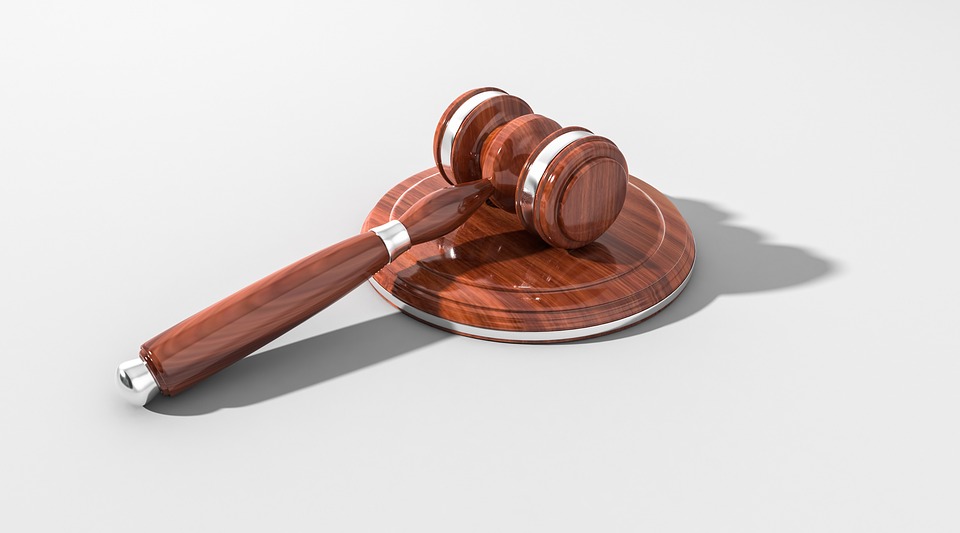
Upholding Constitutional Rights: How We Can Ensure Everyone Is Equal Under the Law
Upholding Constitutional Rights: How We Can Ensure Everyone Is Equal Under the Law
The U.S. Constitution is the cornerstone of American democracy and the most important document in our nation’s history. It is the foundation of the government and the guarantor of our most basic rights and freedoms. The Constitution enshrines the principles of democracy, equality, and justice for all. It outlines the structure of government and the powers of the three branches. It also guarantees the rights of individuals, including freedom of speech, religion, assembly, press, and the right to bear arms.
Legal systems must be transparent and accessible, allowing every individual a fair chance to seek justice. For instance, in situations like determining who is at fault in a car accident, impartial and thorough investigations are crucial. This ensures that all parties are treated equitably, and justice is served based on facts and not prejudices.
Upholding constitutional rights is essential for a free and just society. It protects citizens from government overreach and ensures everyone is treated equally under the law. Unfortunately, these rights are not always respected. Racial and gender discrimination, police violence, and other abuses of power are all too common in our society. To ensure everyone is equal under the law, we need to prioritize and protect constitutional rights.
Here are some of the ways we can ensure everyone is treated equally under the law:
1. Strengthen the Rule of Law
The rule of law is the cornerstone of a free and just society. It is the foundation upon which all our rights and freedoms are based. To ensure everyone is treated equally under the law, we must strengthen the rule of law, both in practice and in principle. This means making sure all citizens are held accountable to the same laws, without discrimination or bias. It also means ensuring that laws are enforced fairly and consistently.
2. Protect Civil Liberties
The Constitution guarantees fundamental rights and freedoms, such as the right to free speech, freedom of religion, and the right to a fair trial. These rights are essential for a just society and must be protected. We must ensure that all citizens have access to these rights and that they are not denied or restricted based on race, gender, religion, or other factors.
3. Ensure Access to Justice
Everyone should have access to the justice system, regardless of their race, gender, or economic status. Unfortunately, this is not always the case. Too often, the justice system favors the wealthy and powerful, while the poor and marginalized are denied access. To ensure everyone has access to justice, we must make sure the system is fair and accessible to all. This includes providing adequate resources for legal representation and ensuring that people are not denied access to justice based on their race, gender, or economic status.
4. Promote Equity and Inclusion
In a free and just society, everyone should be treated with respect and dignity. To ensure this, we must promote equity and inclusion in all aspects of society. This means eliminating discrimination and bias in the workplace, in housing, in education, and in other areas. It also means creating policies and programs that help promote social and economic justice, such as living wage laws, criminal justice reform, and affordable housing initiatives.
FAQs
Q. What is the importance of upholding constitutional rights?
A. Upholding constitutional rights is essential for a free and just society. It protects citizens from government overreach and ensures everyone is treated equally under the law. It also guarantees the rights of individuals, including freedom of speech, religion, assembly, press, and the right to bear arms.
Q. How can we ensure everyone is treated equally under the law?
A. To ensure everyone is treated equally under the law, we must strengthen the rule of law, protect civil liberties, ensure access to justice, and promote equity and inclusion in all aspects of society. This means eliminating discrimination and bias in the workplace, in housing, in education, and in other areas. It also means creating policies and programs that help promote social and economic justice, such as living wage laws, criminal justice reform, and affordable housing initiatives.
